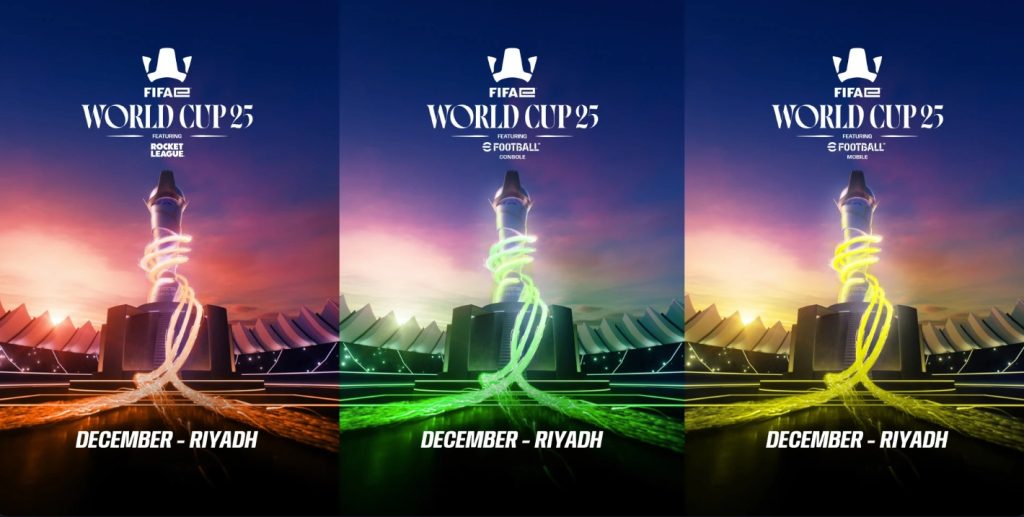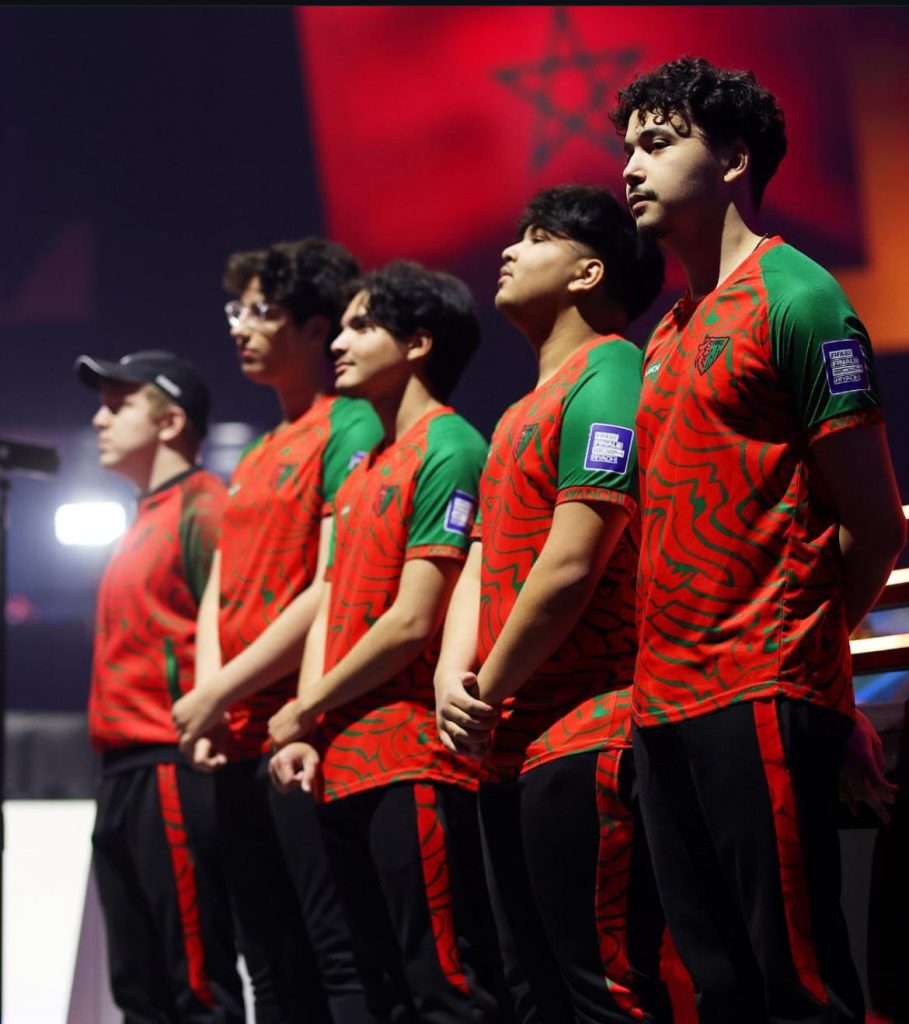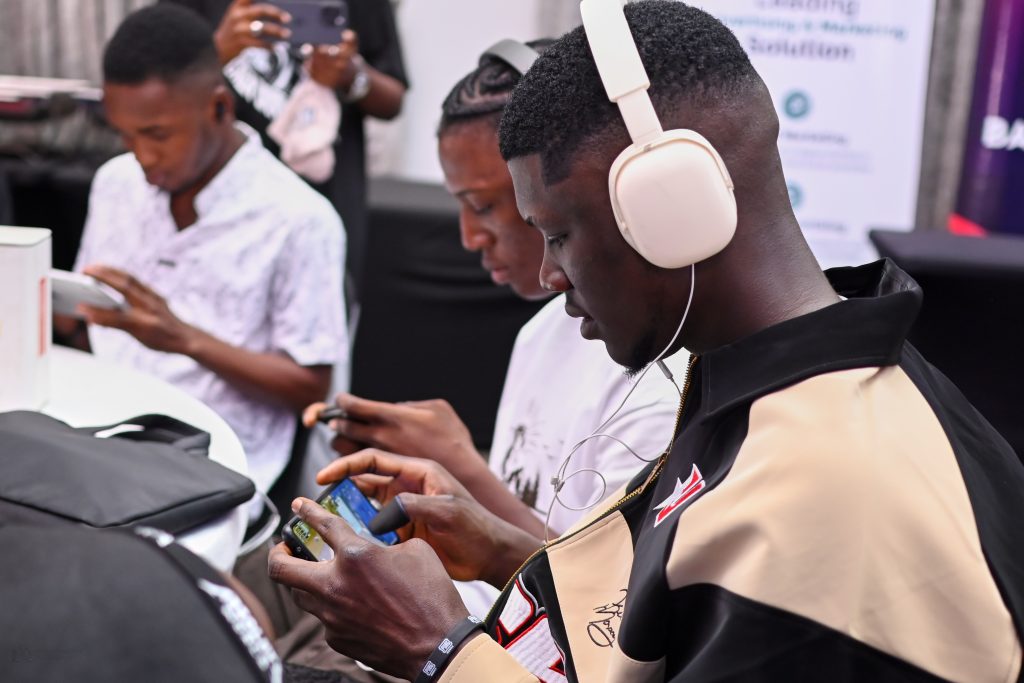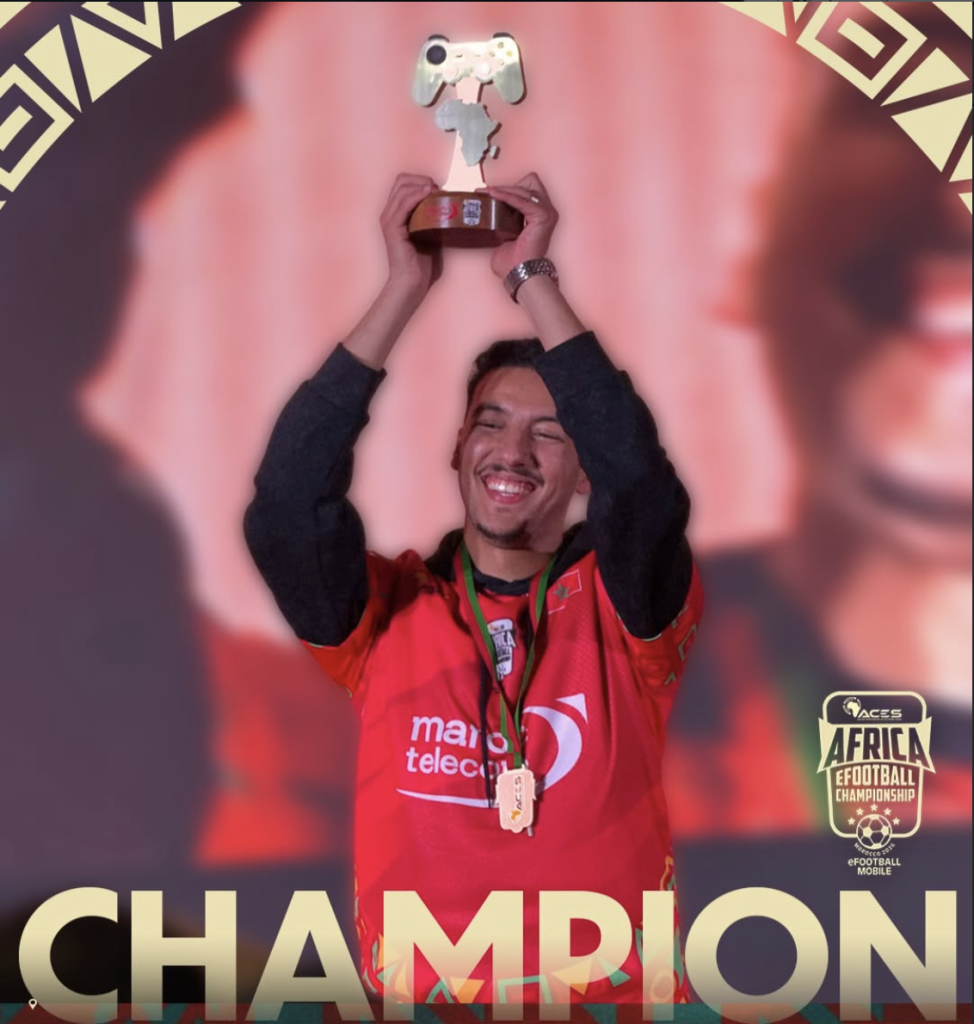The FIFAe Finals 2025 have been officially announced, with Riyadh, Saudi Arabia set to host the global event this December. The world’s best esports football nations will converge for this multi-title showdown featuring Rocket League, eFootball™ Console, and eFootball™ Mobile. While global anticipation grows, a critical question remains for the African continent:
Will African Member Associations (MAs) step up and support their esports communities in time to secure a seat at this global event?

A Unique Opportunity — With a Critical Gatekeeper
Unlike traditional open qualifiers, only countries whose Football Federations (MAs) confirm participation can be represented at the FIFAe World Cup. This gatekeeping structure puts the power squarely in the hands of football governing bodies, many of which across Africa remain disconnected from esports and unaware of the vibrant gaming communities that exist within their borders.
In 2024, Morocco was the sole African representative across all three titles, a sobering reality considering the continent’s immense talent pool. If this structure holds, only nations whose federations take action will have a chance to showcase their players on the world stage.

The Disconnect: Esports Is Here, But Who’s Listening?
Africa is home to a fast-growing and deeply passionate esports scene. From mobile gaming events in Nigeria and Kenya to online league tournament talents emerging in South Africa and Ghana, the potential is undeniable. However, many African Football Federations remain unaware of or indifferent to esports, often seeing it as fringe entertainment rather than a credible extension of football culture.
This gap is problematic, especially when you consider that domestic trials, bootcamps, or direct player nominations must be overseen by the MAs themselves. Without their buy-in, no esports talent, regardless of skill can qualify.
What Needs to Change?
The responsibility now lies on local esports communities to bridge the gap with their national federations. Organizers, influencers, and stakeholders must initiate conversations, provide data, and educate football leadership on the strategic value of esports, not just as a fan engagement tool but as a new frontier for youth development and global representation.
Government and sports authorities must also be made aware of esports’ alignment with the Olympic Esports Movement. As Riyadh prepares to host the Olympic Esports Games in 2027, esports will no longer be a side-show but a core part of global sporting culture.
CAF and the Road Ahead
This moment should also serve as a wake-up call for the Confederation of African Football (CAF). While regions like UEFA have fully embraced esports with structured pathways, CAF has yet to engage with this rapidly growing ecosystem. Ignoring esports now means African players risk being left out of key global opportunities, including future FIFAe editions and the Olympic Esports Games.
Will Africa Show Up in 2025?
With time running out, only Morocco and South Africa currently seem likely to participate, given their existing esports structures and government support. But Africa deserves more than two flags on the FIFAe stage.
It’s time for football federations to catch up. Esports is not just the future, it is the now.
Final Thoughts
The FIFAe 2025 Finals offer a golden opportunity for Africa to prove it belongs on the digital pitch. But without proactive support from football authorities, a continent of gamers could be left watching from the sidelines.
Let’s hope this year tells a different story.




